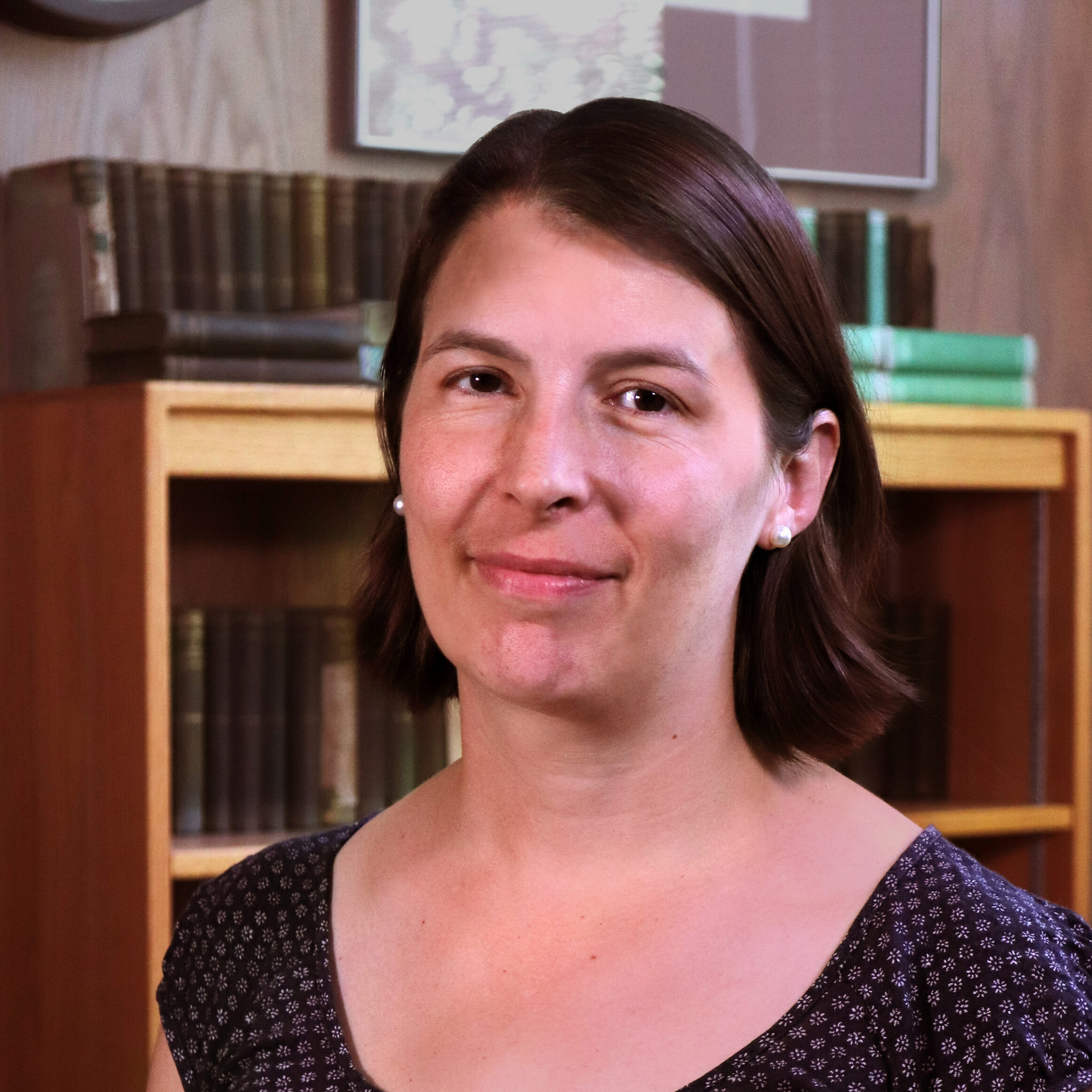
Erin K. Moodie
College of Liberal ArtsErin Moodie, assistant professor of classics in School of Languages and Cultures was nominated by the College of Liberal Arts for the 2021 Early Career Teaching award based on her strong pedagogical leadership, high-quality teaching, and service to undergraduate education.
She revitalized many of the Classics courses around community building and regular reflective writing on readings that can sometimes be daunting to students. Students commented on Moodie’s ability to help them feel supported and welcomed. One wrote, “Although this class was incredibly difficult for me, I loved coming to class and re-learning/learning because of Dr. Moodie. She encouraged me to do my best and even when I struggled (which was a lot), it felt like she never gave up on me.”
Moodie has previously been recognized for her contributions to the teaching of Classics. She was selected for the 2018 Kenneth T. Kofmehl Outstanding Undergraduate Teaching award in the College of Liberal Arts. In 2020, she was named Teacher of the Year (Collegiate Level) by the Indiana Classical Conference.
A frequent invited speaker to undergraduate audiences at regional colleges and conferences on the topic of ancient comedy, Moodie also published a highly praised commentary that provides grammatical and cultural explanations for Poenulus (The Little Carthaginian), a Roman comedy by the poet Plautus.
How has your teaching evolved over the last five years?
I’ve also moved away from simply mimicking the structures of courses that I’ve taken. Now I’m more likely to rethink my approach and consider the best ways to meet the needs of the students. Sometimes that means offering flexibility – for example, write your response about any of the readings due this week – and sometimes that means designing new assignments to fill in the gaps.
What changes to your teaching during the pandemic did you take with you going forward?
I also continue to incorporate simple feedback surveys periodically into my courses – What went well over the past few weeks? What didn’t? What suggestions do you have for improvement? – that allow students to reflect on the course and tell me, anonymously, what could go better. Even if some of the requested changes aren’t feasible, I can at least address students’ concerns and explain my reasoning. Perhaps it merges on radical candor, but I’ve found students are pretty accepting if they know my choices aren’t arbitrary or capricious. I’ve done this in the past, but somehow it seems easier on Brightspace.
I also really like using the discussion board as an asynchronous form of communication about material related, if only tangentially, to the central topic of the class. My goal is for the students to work hard but have fun doing it.
What suggestions do you have to Purdue instructors who want to improve their teaching and/or their students’ learning?
And be yourself. I am at my best when I am a bit of a clown in the classroom, but that’s possible only because of the thought I put into designing the courses.
What motivates you to do your best work in a student-centered learning environment?
The Exceptional Early Career Teaching Award recognizes undergraduate faculty members with the rank of assistant professor/assistant clinical professor. It is among several PWL-wide teaching honors awarded annually in the spring semester. Each college/school selects and advances its own nominee the previous fall as a model in exceptional undergraduate education and includes input from its students. For other nominee interviews, see the Insights webpage. Further details on the award and selection procedure and university awardees are available on the Office of the Provost website.